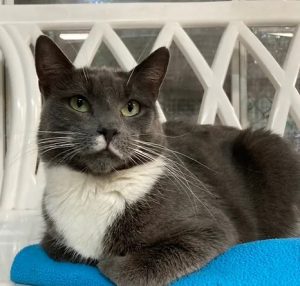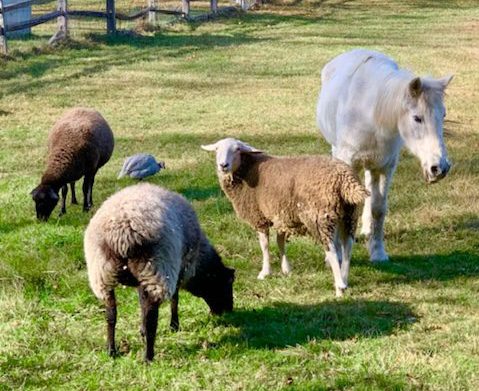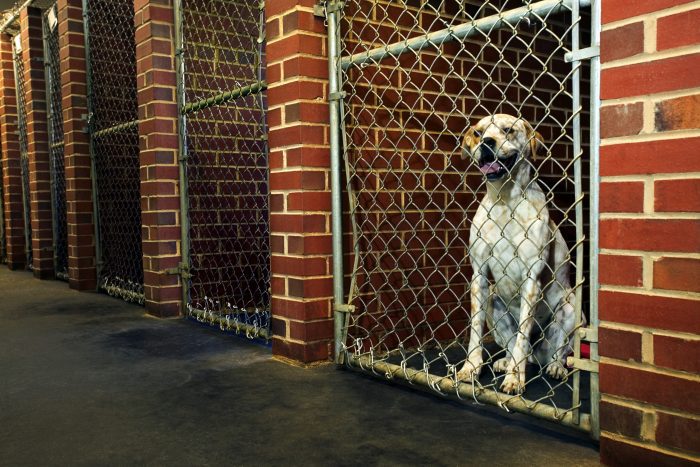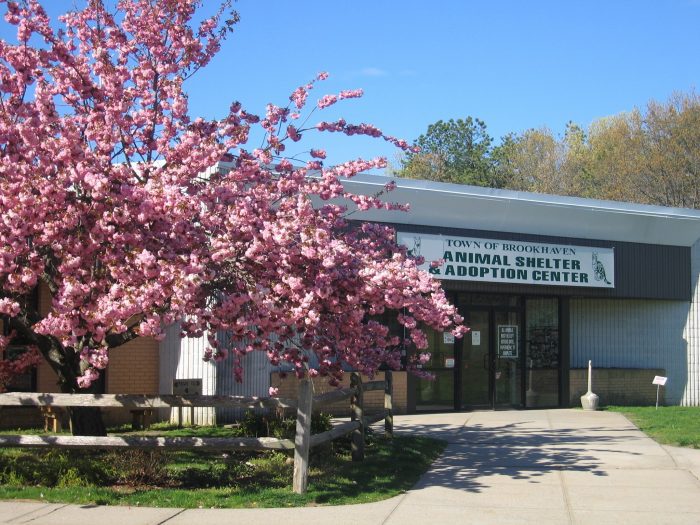By Melissa Arnold
‘We cannot protect what we do not cherish, and we will not cherish what we do not know…’ — Jeff Corwin
Jeff Corwin has been a vocal and passionate advocate for wildlife and the natural world since the 1990s. The celebrated biologist and conservationist is a recognizable face on television, hosting shows including Disney Channel’s Going Wild, Animal Planet’s The Jeff Corwin Experience, and more recently, Ocean Treks and Wildlife Nation on ABC.
From a cobra festival in India and unexplored jungles in South America, to the African savanna and beyond, Corwin continues to teach audiences that our incredible world deserves protection.
On Aug. 27, Jeff Corwin will partner with Sweetbriar Nature Center to share stories from his adventures around the world and highlight the challenges faced by a variety of endangered species.
The special event, held at the newly renovated Smithtown Performing Arts Center (SPAC), will serve as a wonderful education event hosted by Sweetbriar, a not-for-profit corporation.
“The Smithtown Performing Arts Center board is always seeking out opportunities to help out community-based nonprofits and share our beautiful, historic space.” said Michael Mucciolo, board president for SPAC. “Our theater has a long history of attracting families with young kids, and I think they’ll have a wonderful time seeing something they’ve never seen before and learning from such an expert like Jeff.”
Sweetbriar Nature Center is situated on 54 acres of garden, woodland, field and wetland habitats on the Nissequogue River. Hundreds of species of plants and animals call the center home — many arrived as part of their extensive wildlife rehabilitation program.
“Everything that we do here is for the benefit of the animals,” said Janine Bendicksen, curator and wildlife rehabilitation coordinator for the center. “Many of the animals that get brought in to us are often at death’s door, sick enough that they allow a human to pick them up. About half of them are successfully rehabilitated and released back into the wild, which is fantastic.”
A lot of the patients they receive have similar stories, Bendicksen explained. A concerned member of the community might stumble upon an injured animal on their property or while out on a hike and contact their local Animal Control department, which then reaches out to Sweetbriar.
Whether it’s a wounded eagle on a bike trail or a couple of rabbits playing chase in a mechanic’s garage, the staff at Sweetbriar have seen just about everything.
Around 100 of Sweetbriar’s permanent residents are animals that are permanently injured or otherwise unreleasable. A few birds, including a great horned owl named Lily, have been there longer than Bendicksen has — more than 20 years.
Bendicksen studied fine art and art history, eventually finding her way to Sweetbriar as curator. In addition to her work with rehabilitation, she is responsible for creating art displays and supervising creative projects around the property.
“I was one of those kids who people were always bringing their animals to, and I tried my best to help them. Sweetbriar hits on everything that makes me happy,” she said.
The center’s educational team works hard to instill that same wonder and love of nature in people of all ages. This is especially evident during the summer, when hundreds of children from around Long Island come to the center for weeklong enrichment programs or day visits.
Throughout the school year, Sweetbriar also host field trips, opportunities for families, and in-school presentations.
The dual mission of education and rehabilitation is what makes Jeff Corwin the ideal guest speaker for the event, said Sweetbriar board member Maureen Calamia.
“Jeff has a great reputation and deep care for wildlife, especially those species that are borderline extinct. His enthusiasm is such an asset,” she said.
With only four dedicated staff members, Sweetbriar relies on the ongoing support of volunteers and donors.
“A lot of people unfortunately don’t know what’s going on in their own backyard, or how to treat nature or wildlife. Sweetbriar does a tremendous service through their programming, both in person and also through their social media, which has a global following,” Calamia said. “They are great stewards, and everyone knows to turn to them if there’s an animal in need. This event is a wonderful way to support their hard work.”
“Tales from the Field with Jeff Corwin” will be held on Sunday, Aug. 27 at the Smithtown Performing Arts Center, 2 East Main Street, Smithtown at 7 p.m. General admission tickets are $50 and can be purchased online at www.sweetbriarnc.org or at www.smithtownpac.org. This event is made possible by a grant from the Suffolk County Department of Economic Development and Planning.
Sweetbriar is always in need of donations and volunteers, regardless of experience or skills. Visit their website or call 631-979-6344 learn how you can help.

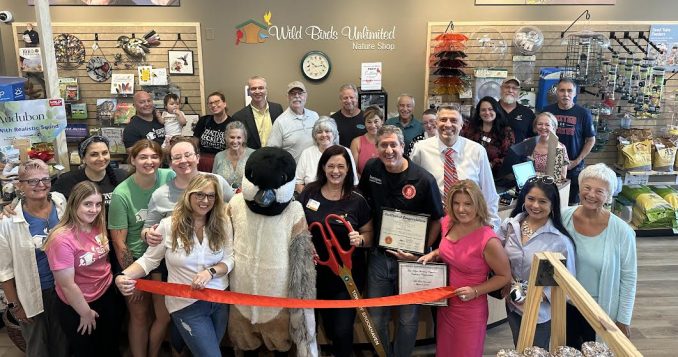

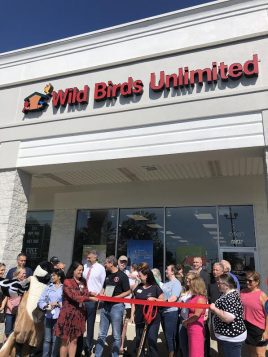
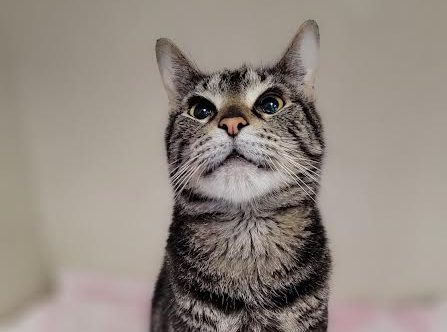
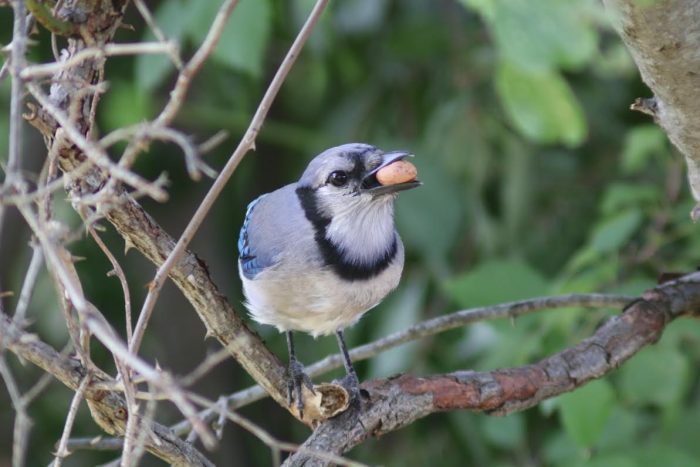
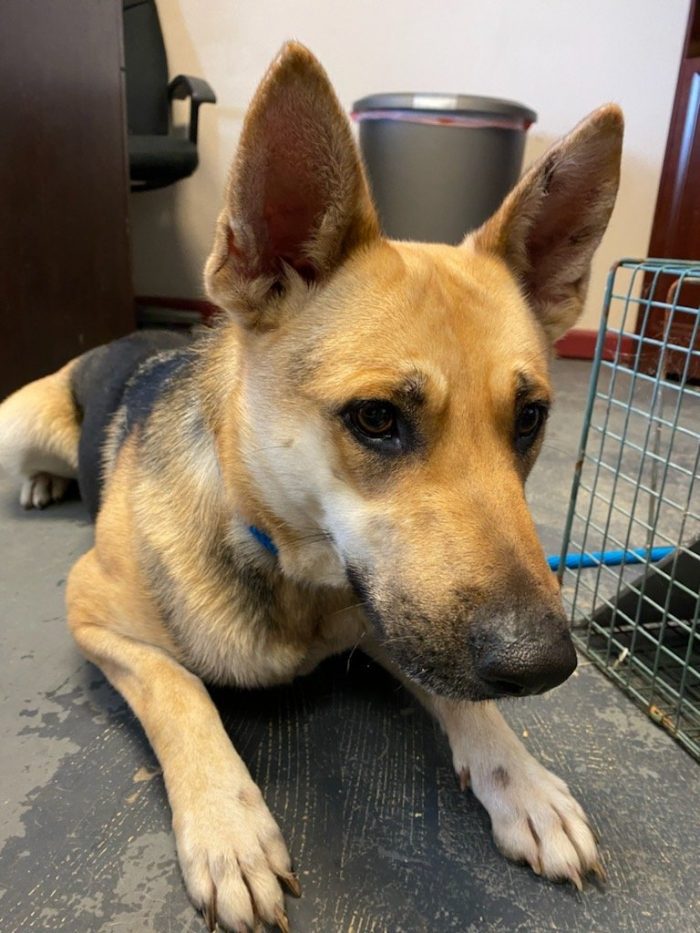
 Welcome to the 20th edition of Paw Prints, a monthly column for animal lovers dedicated to helping shelter pets find their furever home!
Welcome to the 20th edition of Paw Prints, a monthly column for animal lovers dedicated to helping shelter pets find their furever home!


